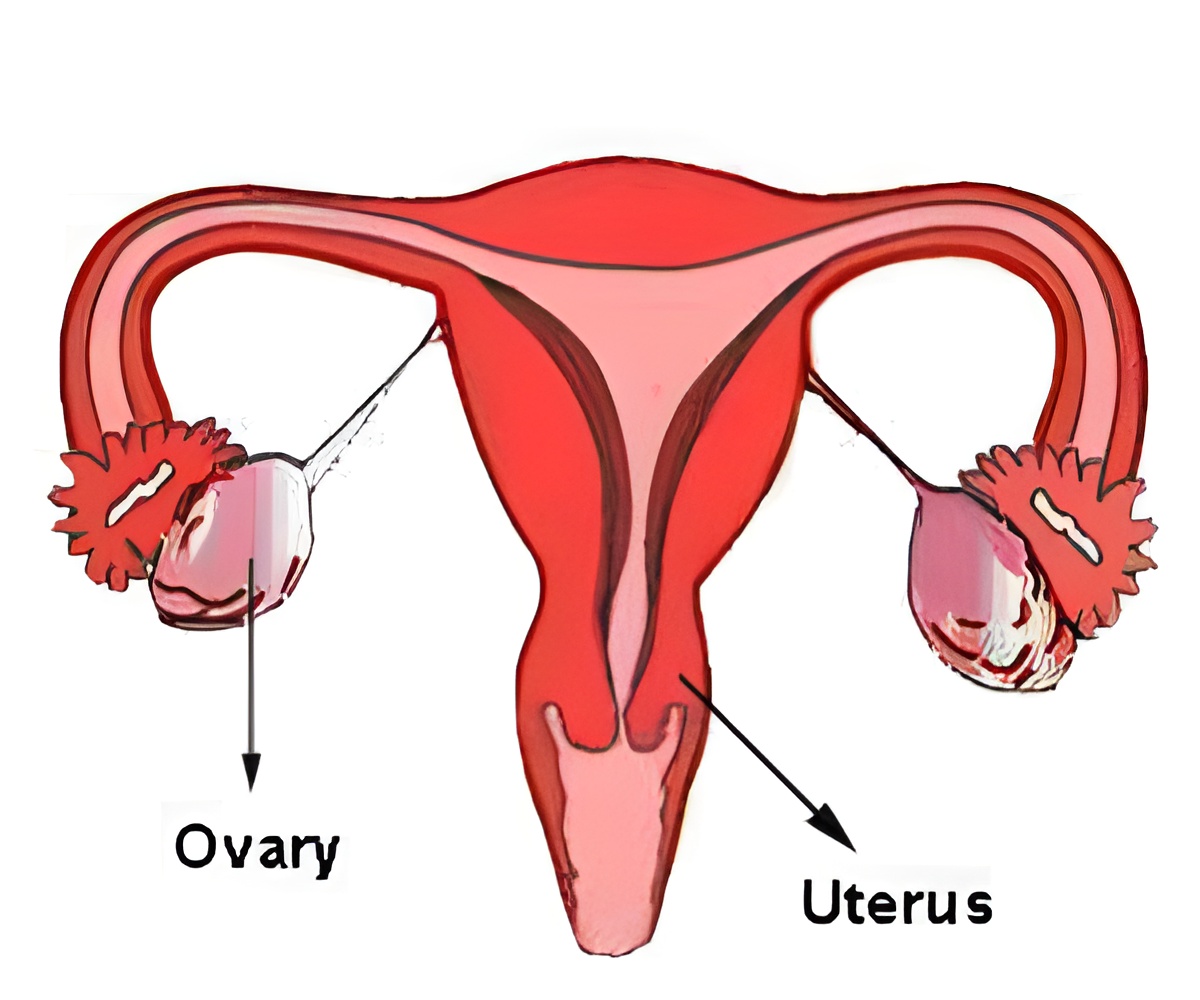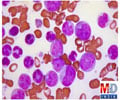Women with high-grade ovarian cancer live longer and respond better to platinum-based chemotherapy when their tumors have BRCA2 genetic mutations, researchers found.

BRCA2 and its cousin, BRCA1, are tumor-suppressing genes involved in DNA repair that, when mutated, raise a woman's risk for having breast or ovarian cancer.
"Uncovering the separate potential effects of BRCA1 and BRCA2 mutations takes us a step towards a more personalized approach to treating ovarian cancer, and perhaps other cancers," Zhang said. "This paper suggests those two genes, and the many others involved in DNA repair, are prime targets for further research."
Past studies of the possible clinical impact of BRCA1 and BRCA2 mutations tended to look at the two genes together and were limited by small sample sizes.
First author Da Yang, Ph.D., an Odyssey Fellow in MD Anderson's Department of Pathology, said their in-depth study was made possible by The Cancer Genome Atlas project. TCGA published a study of 489 cases of high-grade serous ovarian cancer, the most common form of the disease, that combined an exhaustive analysis of each tumor's genome with comprehensive clinical data on each patient.
"TCGA gave us enough analytical power to differentiate between BRCA1 and BRCA2 mutations and conduct a survival analysis," Yang said.
Advertisement
Of 316 cases, 29 tumors had BRCA2 mutations tumors and 37 had BRCA1 mutations. Tumors were similar in grade and stage. Findings include:
Advertisement
- 61 percent of patients with BRCA2 mutations survived for five years, compared with 25 percent of those with normal BRCA2 in their tumors.
- 44 percent of those with BRCA2 mutations lived three years after surgery and platinum treatment without disease progression, compared with 16 percent of those with normal BRCA2.
- BRCA1 mutations in tumors were not associated with survival.
- All of those with BRCA2 mutations responded to platinum chemotherapy, compared to 82 percent with the normal gene and 80 percent whose tumors had BRCA1 mutations.
- Their response to chemotherapy lasted 18 months, compared with 11.7 months for normal BRCA2 and 12.5 months for BRCA1 mutations.
- Tumors with BRCA2 variations also are hypermutants - they had more genetic mutations - with 84 mutations per tumor sample compared to 52 for normal BRCA2
BRCA2 is normally involved in the repair of double-strand DNA breaks. Cells with BRCA2 mutants are less capable of repair, allowing other genetic mutations to survive and grow, the type of genomic instability that cancer thrives upon.
However, cancer cells in turn rely on DNA repair to defend themselves against DNA-damaging drugs, such as platinum-based agents. So adding drugs that inhibit DNA repair could increase the effectiveness of chemotherapy, Zhang noted. PARP-inhibitors, a new class of drug in clinical trials, block DNA repair and may also be effective in treating BRCA2 mutated ovarian cancer.
Additional studies of the function of BRCA1 and BRCA2 mutations are needed to more fully understand and exploit their findings to treat cancer, Zhang and colleagues note.
Source-Eurekalert














